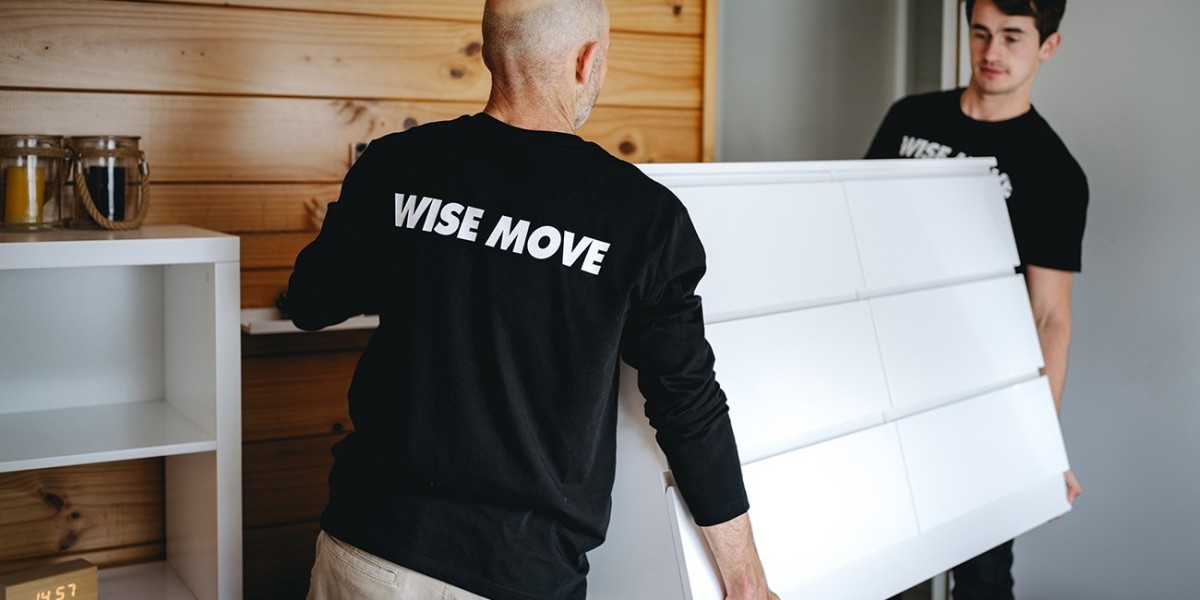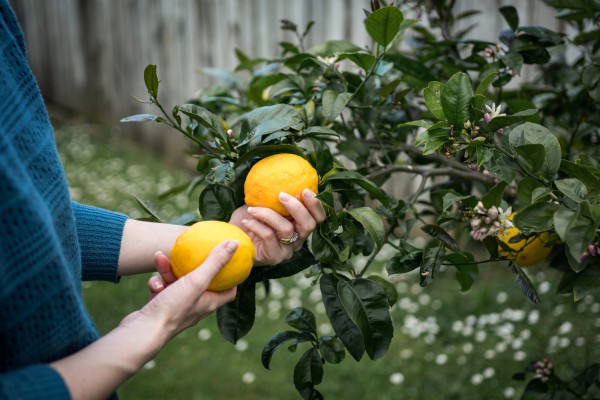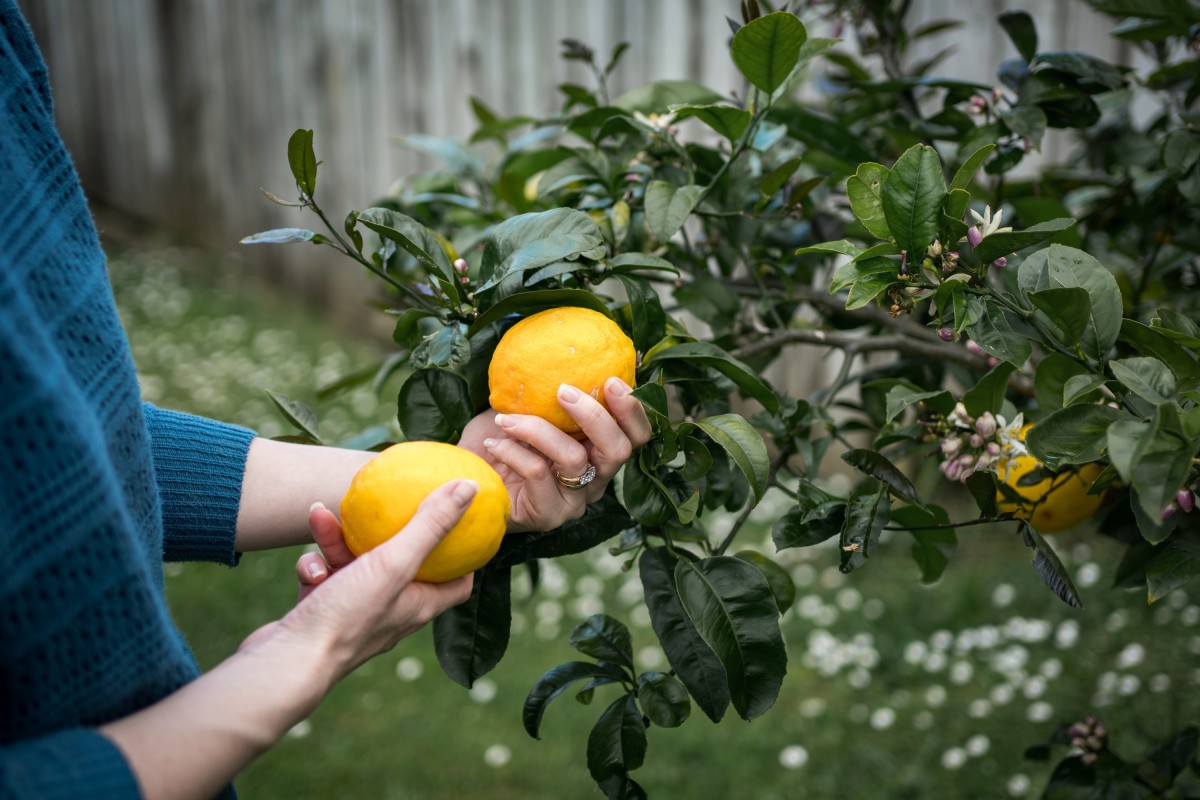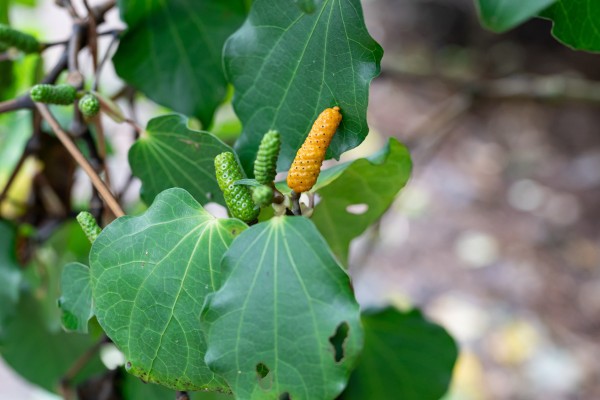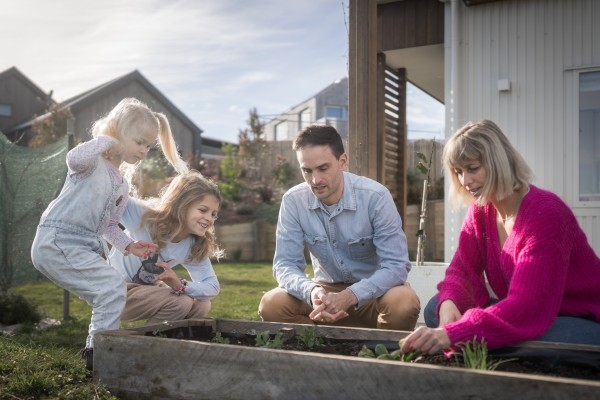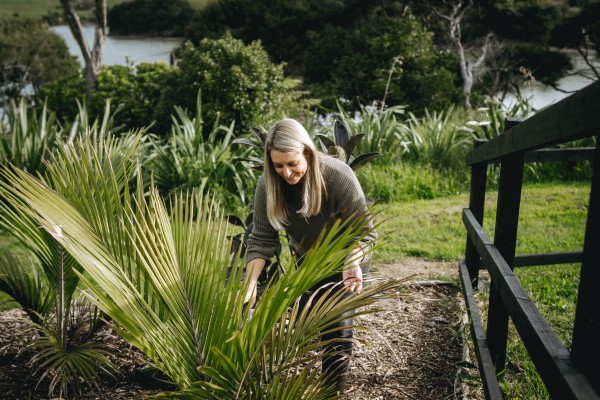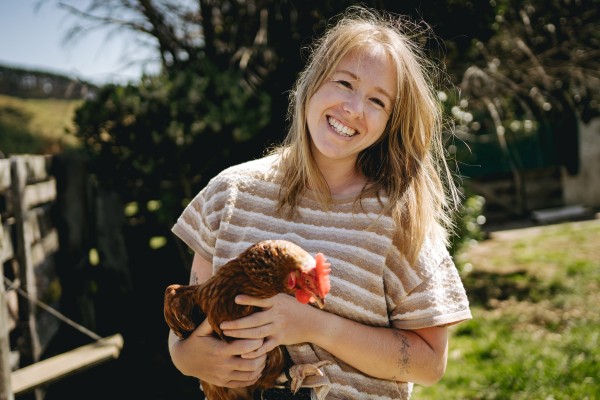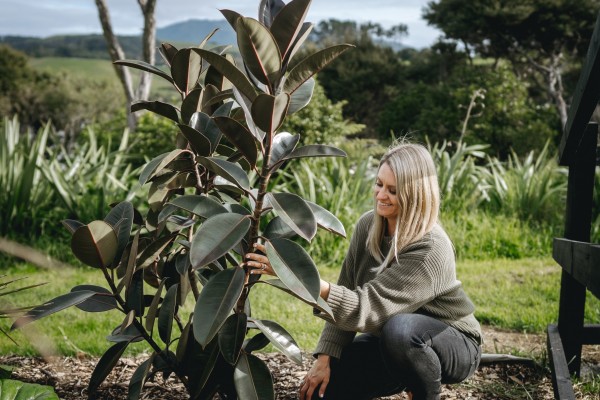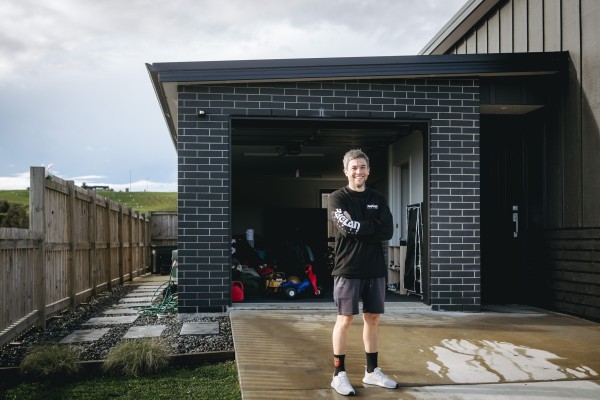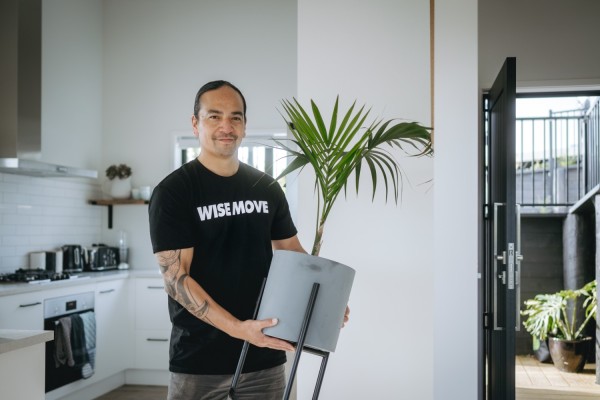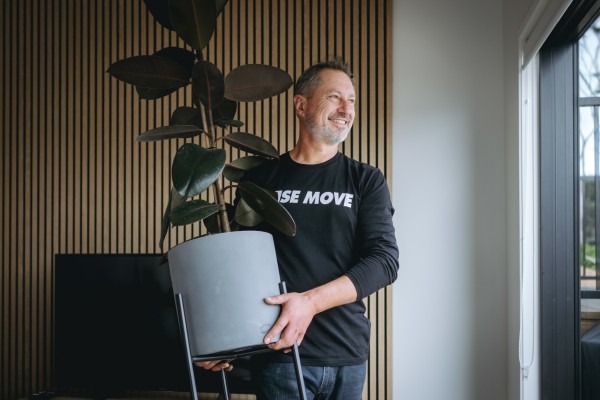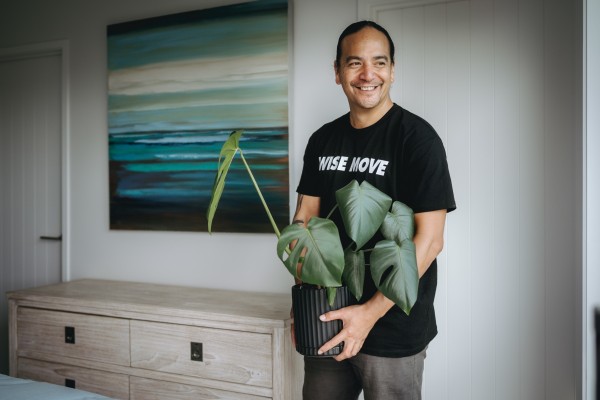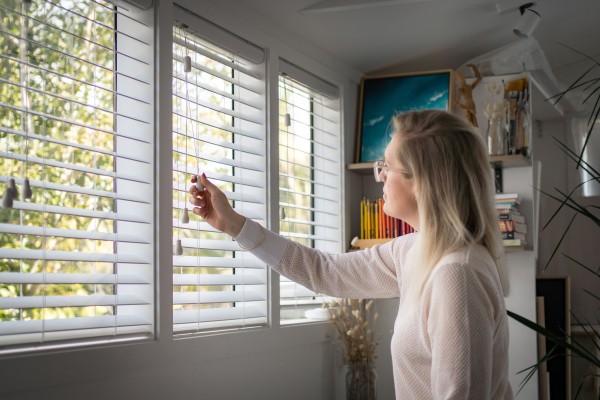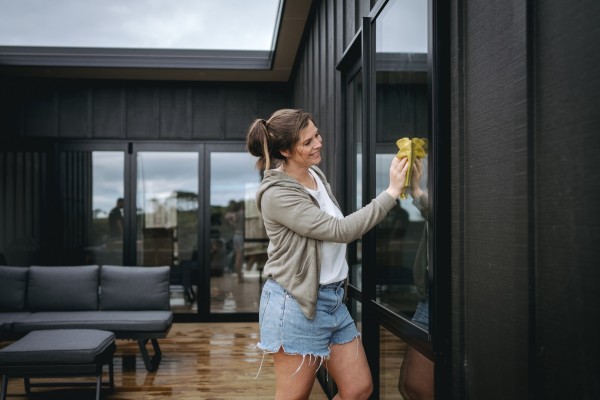How to join or start a community garden in New Zealand
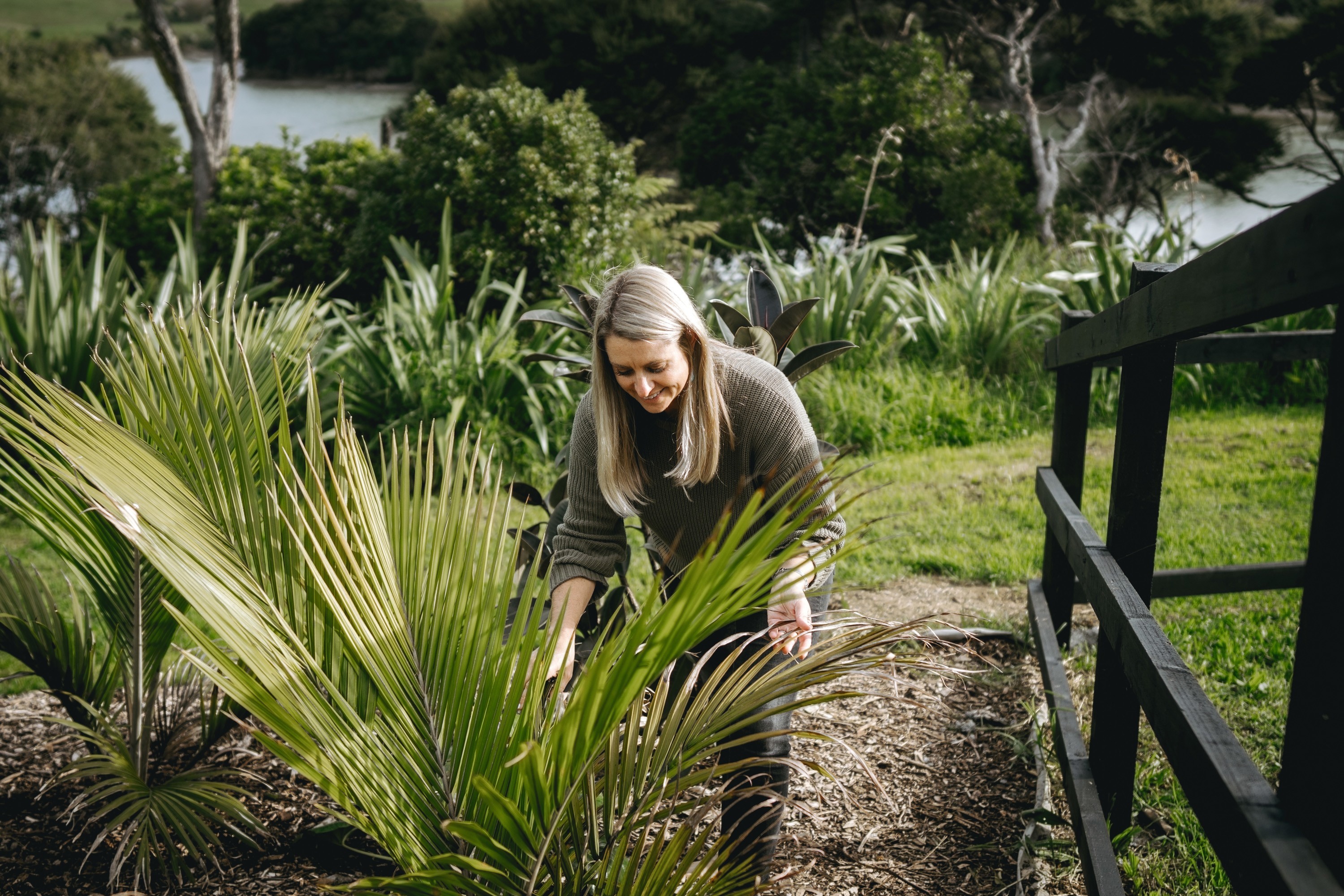
Vegetable gardens were once a mainstay of New Zealand homes. Kiwis lived on a quarter acre of land sectioned into areas for lawns, flower beds and, of course, the humble vegetable patch. With more families living in inner-city suburbs, townhouses, apartments, and units, a garden is becoming more of a luxury than a prerequisite for a home.
Rather than saying goodbye to the backyard vege patch, many councils and communities encourage Kiwis to say hello to a community garden. Whether you join an existing group or start your own, there are many benefits to getting involved in a community garden. Here’s how to join or start a community garden in New Zealand.
What is a community garden?
A community garden is a piece of land collectively planted, grown and tended to by a group of people within a certain community. These gardens are typically divided into individual plots that community members can use to grow their own vegetables, fruits, flowers, or herbs. The purpose of a community garden is to provide a space where people can come together to grow their own food, beautify the neighbourhood, and enjoy gardening as a hobby while building a sense of community.
Every community garden is different. In New Zealand, community gardens range from small urban plots to larger suburban or rural spaces. They may be organised and managed by local government entities, nonprofit organisations, or groups of nearby interested residents.
The specific rules and regulations governing community gardens can vary, but they generally involve principles of shared responsibility, cooperation, and sustainable gardening practices. Some gardens let members grow their own food, while others accept volunteers and share what’s grown with members and the wider community.
What are the benefits of a community garden?
One of the biggest benefits of a community garden is giving local residents access to land to grow food. As more New Zealanders forgo the quarter-acre dream, community gardens have become a place where Kiwis of all ages can grow fresh produce without needing to own their own block of land.
Another benefit of community gardens is building connections. Neighbours and residents can interact with other gardening enthusiasts, learn from one another, share gardening knowledge and build social connections with other people.
Community gardens are also highly beneficial to the local environment. With fewer green spaces around, especially in densely populated cities or even city fringe suburbs, community gardens contribute to the local insect population, help beautify the local environment, and even reduce food transportation distances, which can have a positive impact on pollution levels.
Community gardens can also benefit residents who are low-income or live in food deserts. These are suburbs or communities that don’t have many supermarkets or places where residents can buy fruit and vegetables without travelling long distances. Vegetables in particular, are cheap to grow and give people easy access to fresh, healthy food.
How do I join a community garden in New Zealand?
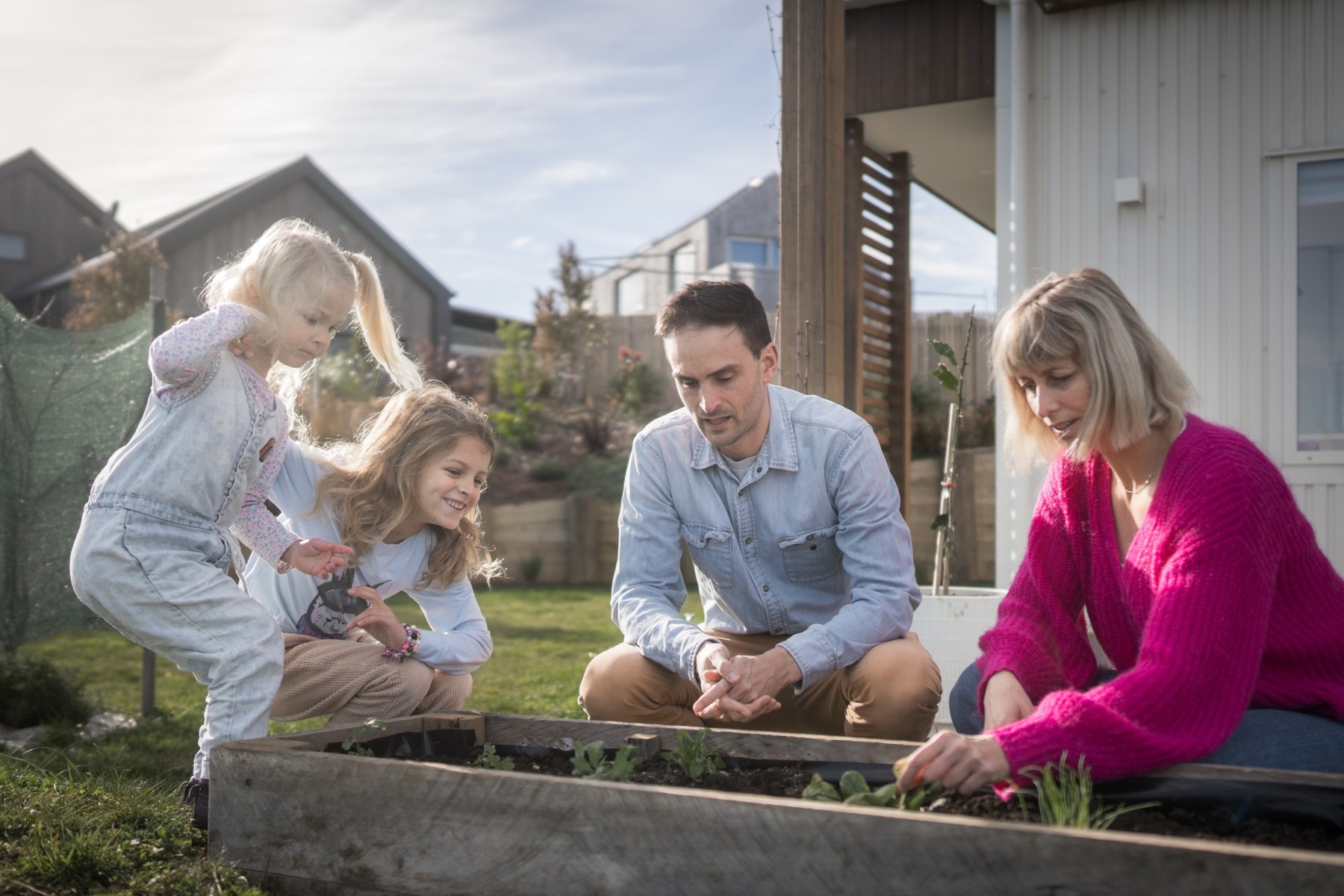
One of the best ways to join a community garden in New Zealand is to search for local gardens online or enquire through your local city council. Search Facebook groups, MeetUp, Gardens.co.nz, or local bulletin boards, newsletters and community groups to find a group near you. Local councils will also have access to information about groups in your local area.
Every community group is different. Some are looking for volunteers, while others may charge a fee which covers the cost of maintenance or the leasing of the land. Make sure you enquire about any financial commitments, rules or regulations your group may have before you join.
Remember that community gardens rely on the collective effort of members to maintain the space. Participate in workdays, volunteer and use your plot regularly. If you find that you no longer have the time to dedicate to gardening, talk to your community garden leadership team about giving up your plot to someone who will use it. You can still be a member and get involved when you can. However, this ensures that the land is being used for its intended use.
How to start a community garden in New Zealand
If there are no community gardens near you, why not start your own? Here is how to start a community garden in New Zealand.
Gather members
Start the process by gathering together a group of members who are interested in not only establishing a community garden but also running your group. Early on, it’s more important to establish a small core group of people to get things off the ground. You can focus on attracting members later on.
You may need to advertise in local newsletters, Facebook groups or community bulletin boards. Try and find local members. The closer your members are to the garden, the easier it is for people to get involved.
Consider your goals
Isn’t the goal to grow food? Not necessarily. Some gardens have a heavy community focus, while others are focused on gardening education. Your goal may be to empower people to grow their own food from scratch, meet like-minded people or grow food to feed the community. Some questions to ask yourself include:
What is the ultimate end result?
-
Do you envision building a small or large garden?
-
What types of plants do you want to grow?
-
Should the garden benefit the wider community or specific groups?
-
How will the garden contribute to local biodiversity or help beautify the landscape?
Consider how much time core members have available
With your core team established, consider how much time each member can contribute. By ensuring your commitments are aligned with how much time members have available, you’ll avoid people getting burnt out and losing momentum. Establish what days you’ll meet and how often.
Share your plan with potential members
Now that you’ve established what type of community garden you’d like to make, it’s time to attract members. Start advertising your group and arrange the first meeting. The main aim is to gauge interest for when you’ve secured the plot of land and need to start turning the soil. You can also ask people to put forward their interest in joining a management group and identify any major tasks that need someone to take ownership of them.
Start looking for land
One of the best ways to look for land to build a community garden in New Zealand is to approach your local council. However, if you are open to being creative, there are other ways to start a community garden. Councils often have land available in areas that aren’t viable for building or development. Be open to building a community garden somewhere other than a quarter acre of land. Railway lines, concrete carparks and overgrown lots can all be converted into community gardens. You can also look for private land by asking local businesses, homeowners, schools, churches and other organisations if they want to get involved.
Choose a site that fits your needs
While it pays to think outside the box, it is important to choose a site that fits the needs of your community. If you’re looking for a community garden that people can bike or walk to, it may be better to keep your search for land closer to home. The easier it is for people to access your community garden, the more likely members will spend time there.
Devise some ground rules
It’s always a good idea to get some ground rules in writing. Communicate with your members what environment you would like to create for members. This way, people will know what is expected of them. Establish what the purpose of the garden is for. Will people be growing food for themselves, and are they free to share food however they like, or will food belong to the collective and be shared in a way that everyone agrees on?
Other things to consider are:
-
Who is responsible for pest control and weeding the space
-
Whether your garden is organic or members can use fertilisers
-
What type of gardening techniques will be used or taught
-
What services will you include i.e. composting, worm farm
-
How harvests will be distributed
-
How you will communicate with members
-
How often you will meet as a group
-
When the garden is open
-
What tools will be available for communal use
-
Who is eligible for a plot and how plots are allocated
-
What responsibilities do members have to the larger group
-
How guests, families, dogs, gatherings or noise is dealt with
-
How do you dispose of rubbish
-
What fees or fundraisers will be held to cover costs
What do our customers say?





For every (wise)move

